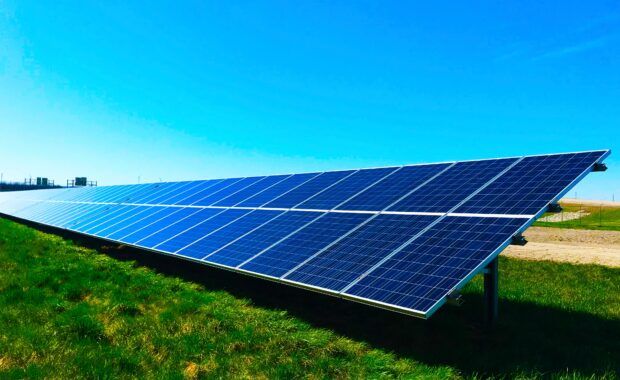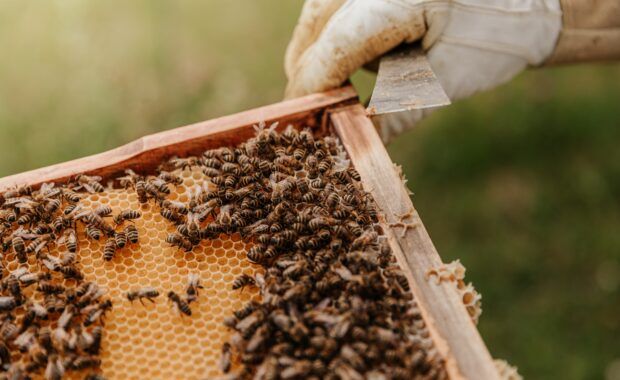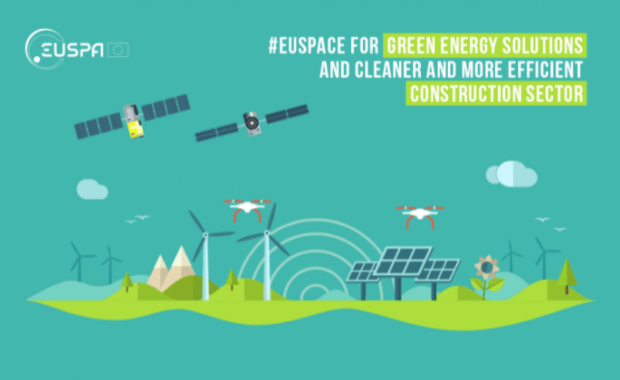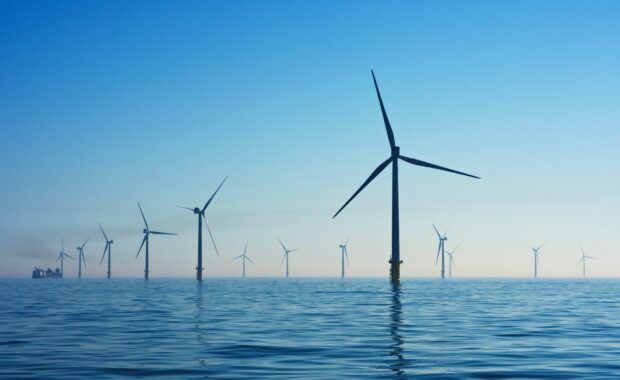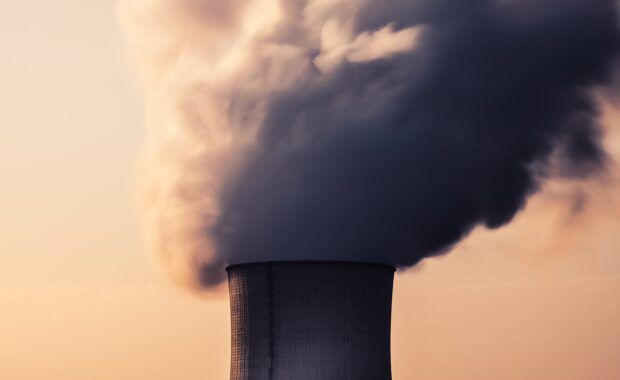Objective: Support the full implementation of the following plans and strategies: Circular Economy: National or Regional Circular Economy Action Plans, Strategies, Roadmaps or similar, which are officially approved, and which include specific and measurable actions, or targets, with a clear timeline and are in line with or complementing the objectives of the EU Circular Economy Action […]
HORIZON EUROPE: Integrating and combining energy systems to a cost-optimised and flexible system
Expected Outcome: Project results are expected to contribute to most of the following expected outcomes: Demonstrated benefits of sector integration in different geographic, climate and economic conditions. Improved planning of integration of power, heat, gas, industry with a production site(s) of renewable energy. Optimised operations of coupled networks (e.g. electricity vs. heating). Validated tools and […]
LIFE Programme: Facing the increase in cooling demand of buildings in the coming years
Objective: Taking into account that almost 50% of Union’s final energy consumption is used for heating and cooling, of which 80% is used in buildings modernising the heating and cooling systems of buildings is essential to decarbonise the EU building stock, to deploy local renewable energy potential and to reduce the EU’s dependence on imported fossil […]
LIFE Programme: Strategic Nature Projects
Objective: Support the full implementation of the following plans and strategies: Prioritised Action Frameworks (PAF) pursuant to Article 8 of Council Directive 92/43/EEC on the conservation of natural habitats and of wild fauna and flora (the Habitats Directive); and Other plans or strategies adopted at international, national, regional or multiregional level by nature and biodiversity […]
Greek island Tilos picks up award for clean energy transition
The Greek island of Tilos places 3rd in EU-sponsored renewable energy production competition and wins a EUR 100 000 cash prize for its innovative energy model. When Greek islands are written about in the press, it’s usually to extol the beauty of their beaches. However, one little Greek island has broken the mould and made […]
Bee health: new data hub goes live
The EU Bee Partnership (EUBP) has unveiled a new online data platform that will play a crucial role in efforts to protect bee and pollinator health. The prototype platform is a ground-breaking tool that will bring together and visualise harmonised data related to bees and other pollinators. Stakeholders from different sectors – beekeeping and farming associations, European agencies, […]
Building a sustainable future with the power of #EUSpace
From monitoring the performance of solar panels with Copernicus to assessing heat loss of buildings with Galileo-enabled drones, #EUSpace keeps an eye on our continent‘s green infrastructure. Copernicus, Galileo, and EGNOS, when working in conjunction or -as standalone systems- are key assets to implementing green energy solutions and to making the construction sector more efficient. […]
HORIZON EUROPE: Sustainability and educational aspects for renewable energy and renewable fuel technologies
Expected Outcome: The EU has ambitious goals to tackle the ongoing climate crisis, noteworthy being the aim to be a fully climate-neutral continent by 2050. Thus a framework needs to be established where sustainability and educational aspects for renewable energy and fuel technologies is addressed. Further, these actions need to engage with stakeholders at different […]
EU Climate Law: MEPs confirm deal on climate neutrality by 2050
EU carbon sinks will de facto raise 2030 emissions reduction target to 57%. Greenhouse gas budget must guide 2040-target. New independent EU scientific body to monitor progress. The new EU Climate Law increases the EU’s 2030 emissions reductions target from 40% to at least 55%. With the contribution from new carbon sinks it could raise […]





